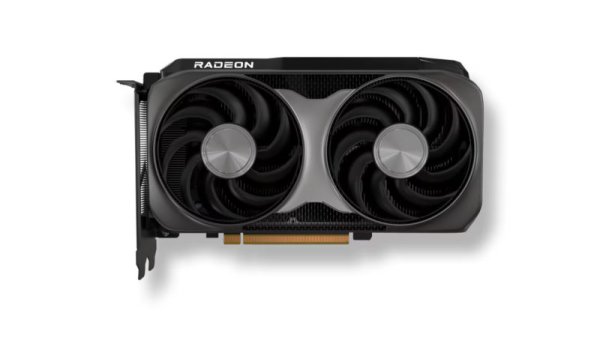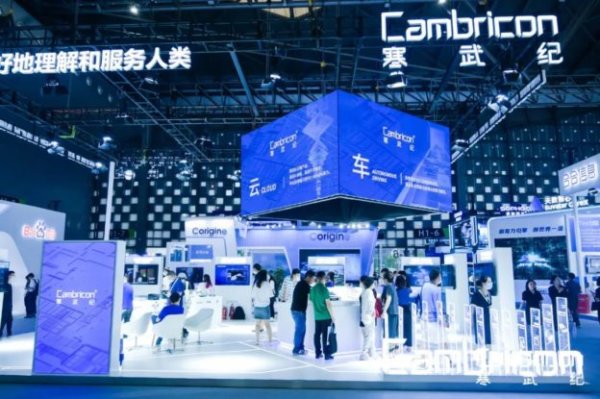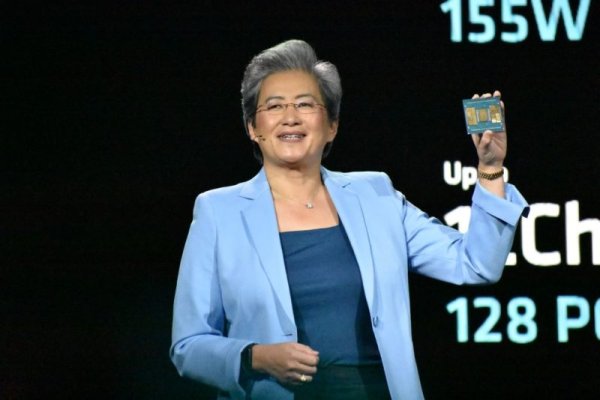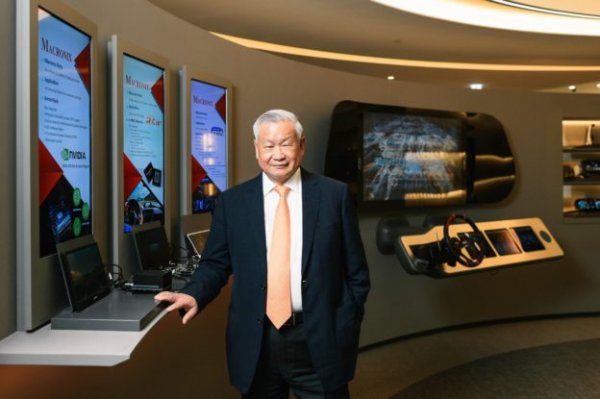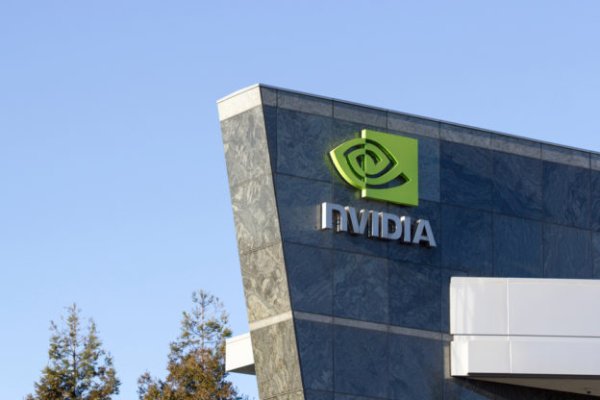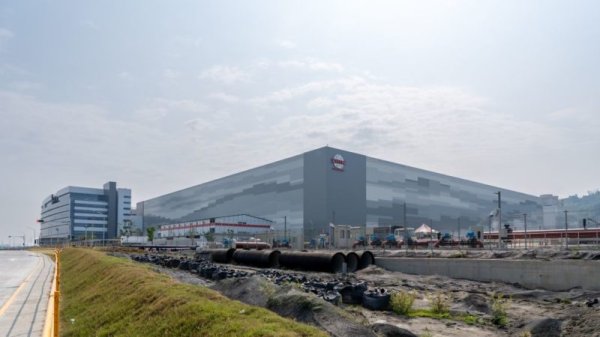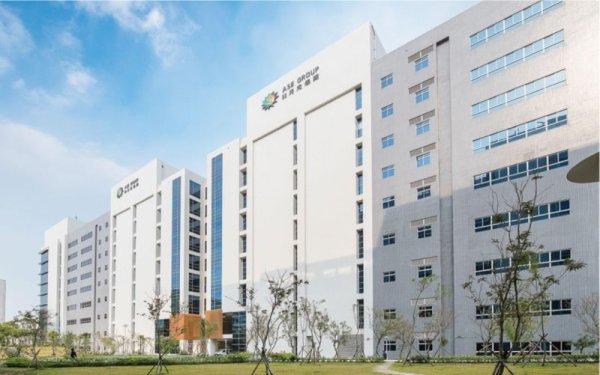Dell supports Intel: PowerEdge XE7740 is the first to launch Gaudi 3 AI chips
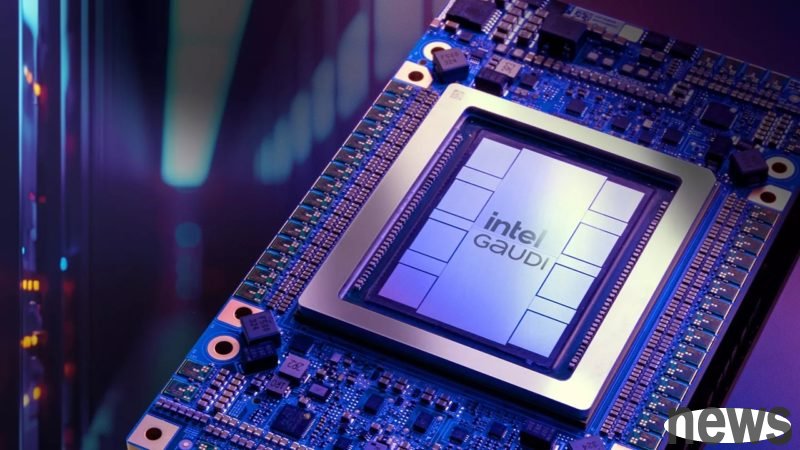
Intel's AI accelerator market has made a breakthrough. Dell announced that its PowerEdge XE7740 server has been introduced into Gaudi 3 AI chips, becoming a few mainstream manufacturers choosing Intel's AI products, allowing Gaudi 3 to become the core stage for enterprise-level applications for the first time.
Gaudi 3 adopts 5-nanometer TECHNOLOGY, designed by Taiwan IC design manufacturer Shixin, and supports popular AI models such as Llama4, Deepseek, Phi4, Qwen3, Falcon3, etc. The main competitors are the NVIDIA H100 and the AMD MI300X series.
Intel launched the Gaudi series after purchasing Habana Labs in 2019, but it has always lacked large-scale adoption. Gaudi 2 When Gaudi 2 was still marking the NVIDIA A100, NVIDIA had fully promoted the H100, and now it has even entered the B200 and B300 eras of Blackwell architecture, and the gap between generations is getting wider and wider.
Then, why does Dell choose Intel at this time? Because NVIDIA and AMD's AI chip prices are expensive, many companies are unable to bear it. In comparison, although the software incidence of Intel Gaudi 3 is still limited, the price is more favorable and the price is significantly higher. In addition, Dell has long-term cooperation with the Intel Xeon platform and its relationship is tight, making Dell willing to become one of the few mainstream manufacturers to take the lead in adopting Gaudi 3.
This is not only Intel is trying the AI field again, but also Dell is trying to establish a second option "outside NVIDIA". The demand for AI-based facilities has risen sharply, and enterprises are seeking more efficient and cost-effective solutions. Although Dell's backing book is being transferred to Intel, it remains to be seen whether the Gaudi 3 can really attract other customers. The outside world is generally concerned about whether Intel's next-generation Jaguar Shores architecture can reverse its disadvantages.
Intel’s Gaudi 3 AI Chips Secure Integration in Dell’s PowerEdge Servers, Marking One of the Few Wins for the Struggling Lineup


